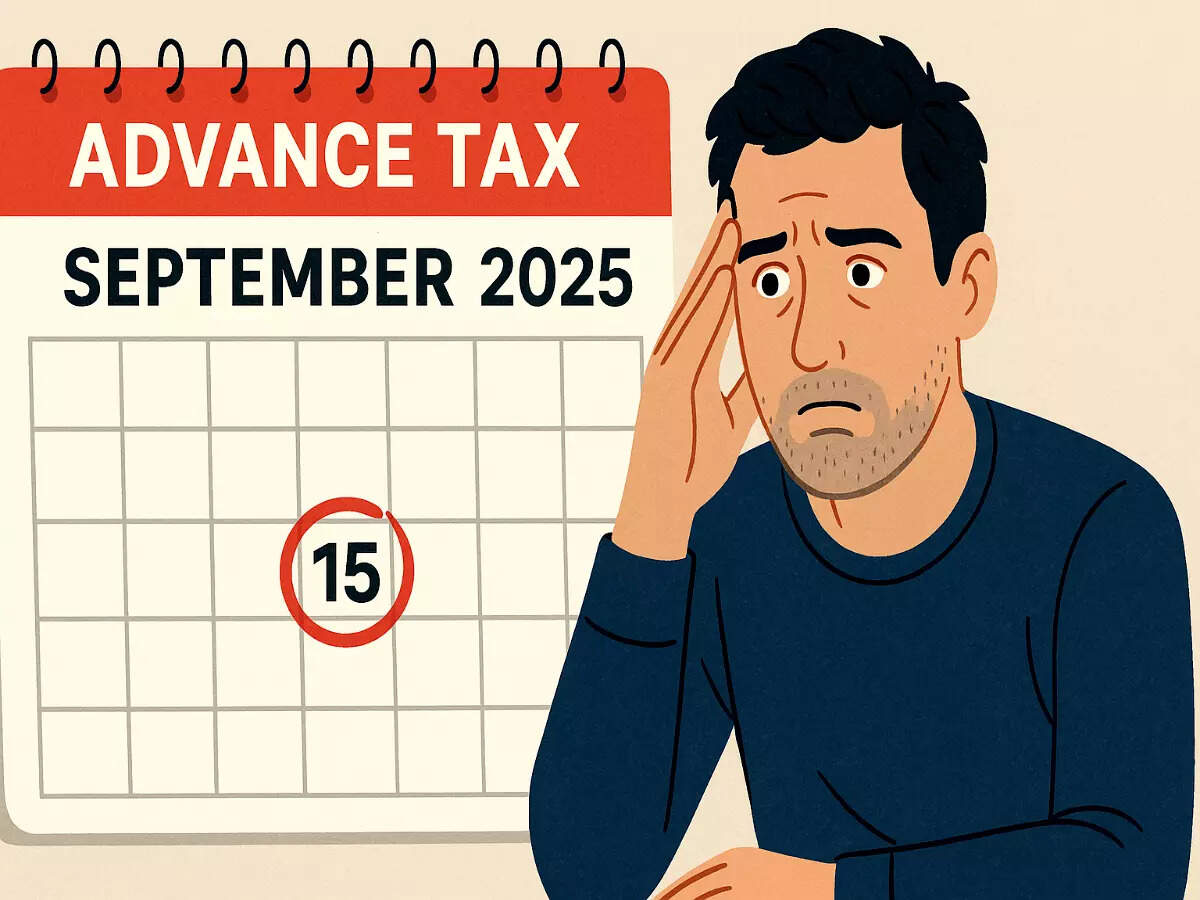Now Reading: Missed Advance Tax Deadline? Here’s the Penalty Explained
-
01
Missed Advance Tax Deadline? Here’s the Penalty Explained
Missed Advance Tax Deadline? Here’s the Penalty Explained

Speedy Summary
- Advance Tax Overview: Known as ‘pay as you earn tax,’ advance tax involves paying income tax in instalments throughout the financial year. Applicable if total annual tax liability exceeds Rs 10,000.
- Applicability:
– Salaried individuals generally exempt unless they have additional income (e.g., capital gains).
– Senior citizens not engaged in business or profession are exempt.
- Due Dates for Advance Tax Payments FY 2025-26:
– June 15 (Q1) – Pay 15% of net estimated liability.
– September 15 (Q2) – Pay up to a cumulative total of 45%.
– December 15 (Q3) – Pay up to a cumulative total of 75%.- March 15, 2026 (Q4) – Ensure full payment totaling to entire net liability.
- Penalty for Late Payment/Underpayment:
– Section 234B: Penal interest imposed at a rate of 1% per month for delays or insufficient advance payments.
– Section 234C: Penal interest applies when instalment payments fall short of prescribed percentages by deadlines.
Indian Opinion Analysis
timely payment of advance tax remains crucial, especially given penalties under Sections 234B and 234C. While salaried individuals benefit from TDS deductions covering most liabilities, those wiht additional incomes-such as capital gains-should carefully calculate their obligations to avoid penal interests. The exemptions provided, such as underestimation errors related to specific incomes like lottery winnings or capital gains accruals, offer relief but demand corrective action within the same financial year.
The structured deadlines and percentage-based approach reflect an effort to simplify taxpayers’ compliance responsibilities while ensuring steady revenue inflow for public finances. However, taxpayer awareness appears key; failure in understanding nuances around net liabilities could lead to unintended penal charges despite due diligence.
While procedural clarity exists via outlined schedules and exceptions under relevant sections like 234C, simplified communication tools by authorities may reduce compliance gaps further-a practical scope worth exploring.
























